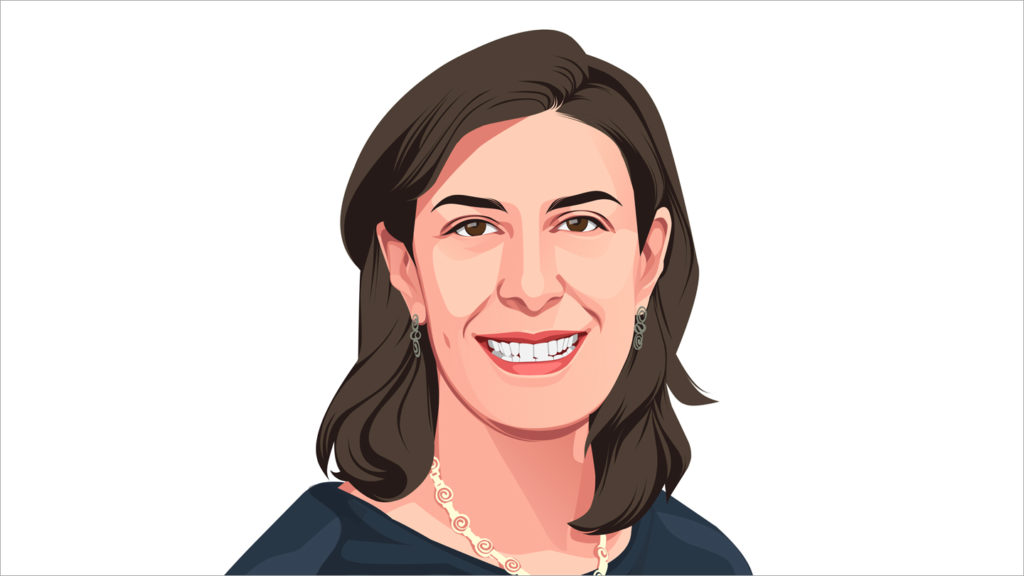
The home care and aging services sector have weathered intense regulatory scrutiny and recruitment challenges of late. Technology offers solutions.
Adrian Schauer, founder and CEO of home-based care technology platform AlayaCare, believes artificial intelligence can be an effective ally for the industry. There are a multitude of AI applications that have the potential to optimize the experience for both patients and caregivers.
“The first-use cases we looked at were things like predicting adverse events for patients, predicting caregiver turnover,” Schauer told McKnight’s Home Care Daily Pulse. “That’s a big concern among our customers — getting more [better] schedules and routines. Then came the wave of generative AI, and we took advantage of that by launching a conversational [caregiver] assistant in our software named Layla.”
As the need for home care increases, Schauer sees an industry that is struggling to adapt to a shifting care landscape. More specifically, he attributes the staffing shortage to an explosion in demand.
“When we started, the business caregiver shortages weren’t as big a problem as they are now,” Schauer said. “In a way, home care is a victim of its own success. A lot of people realized that it’s safer and better to get care in your home. Then there are nursing shortages across every sector. We have more nurses retiring than we are training new nurses.”
The money question
Fewer people are choosing a career in aging services due to meager pay and benefits, according to Schauer. To help with the industry’s limited cash outlays, AlayaCare streamlines expensive and time-consuming operations through technology used for care coordination and workflows. Less money going to logistics means more money in the pockets of employees, Schauer said.
“Wages don’t nearly reflect the value to society of a caregiving job,” Schauer said. “Less overhead cost in the back office means they can pass on a bigger portion of their reimbursement to the caregiver. It’s crazy that an Uber driver has a better experience to pick where and when they work than a personal support worker or a home health aide.”
Data
AlayaCare also provides a plethora of data these care workers can access at the tip of their fingertips. With AlayaCare continuing to grow, Schauer extols AI’s potential to revolutionize the sector. The next helping hand in home care might be virtual.
“We have an unbelievable wealth of data in our Cloud,” Schauer said. “[There are] about 1.4 million patients getting care on our platform as of today, and that’s growing fast. That’s 20 million-plus interventions every month and all that data happens on our software. So our algorithms can learn what interventions are most effective to get the [desired] outcome.”
Home Sweet Home is a feature appearing Mondays in McKnight’s Home Care Daily Pulse. The story focuses on a heartwarming, entertaining or quirky happening affecting the world of home care. If you have a topic that might be worthy of the spotlight in Home Sweet Home, please email Special Projects Coordinator Foster Stubbs at [email protected].



